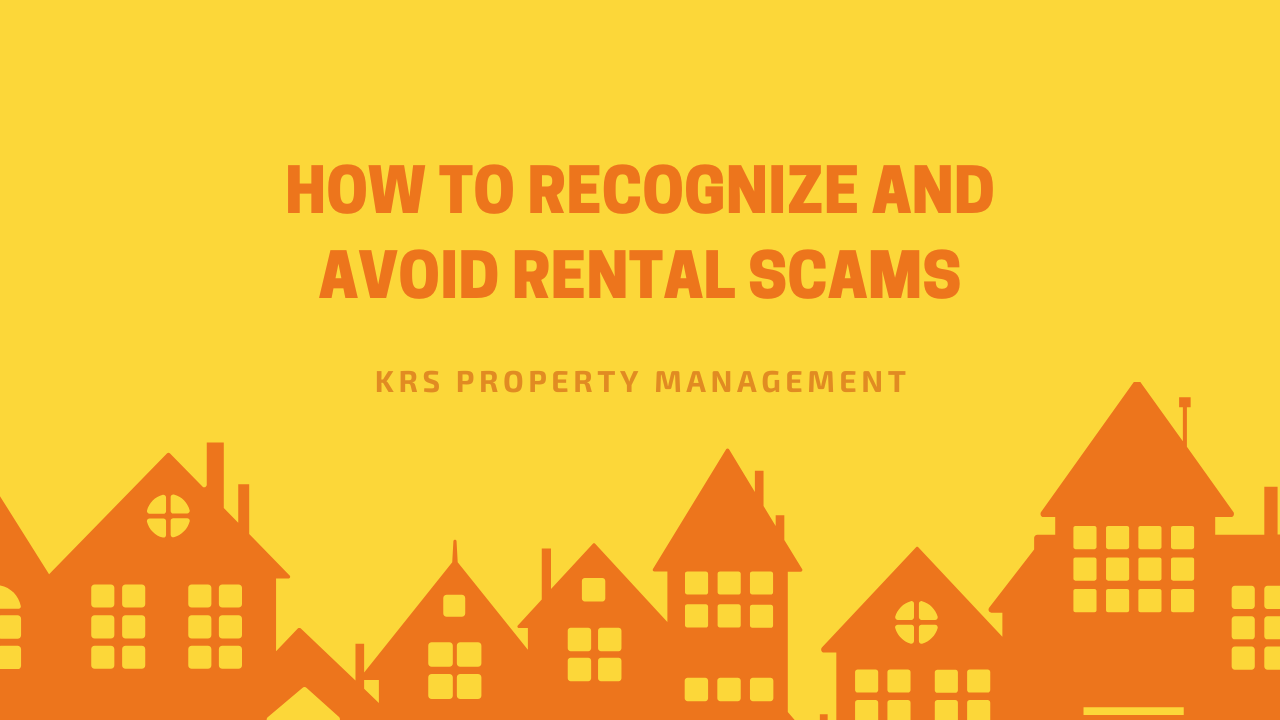
Key Takeaways
Online rental scams are increasingly common, and both landlords and tenants can be affected.
Proactive measures, such as monitoring listings, watermarking photos, and working with a property management company, help protect credibility.
Educating tenants on red flags strengthens trust and reduces the chances of fraud.
The digital era has revolutionized rental marketing, providing landlords with an affordable way to reach a wider audience. Online platforms now make it easier than ever to promote vacant units without hefty advertising costs. Yet, with this convenience comes an important challenge: the threat of rental scams.
Scammers can exploit the visibility of online listings to deceive tenants. These fraudulent activities can harm not only renters but also landlords, whose credibility may be questioned—even if they had no involvement.
That’s why understanding how these schemes work is essential. Awareness is the first line of defence in protecting your reputation and your business.
At KRS Charlottesville, we’ve put together this article to help landlords understand how scams typically unfold and to share practical steps you can take to safeguard your reputation and your rental business.
Common Scenarios in Rental Scams
Understanding how scammers operate can help you identify and prevent potential issues early. Below are some of the most frequent tactics they use:
1. Stolen Listings and Photos
Landlords often invest time and resources in creating attractive online listings. Scammers sometimes copy legitimate property photos and descriptions to create false advertisements. They then pose as property owners to engage renters and request payments.
2. High-Pressure Payment Requests
Scammers aim to secure funds quickly. They can create a false sense of urgency, claiming that multiple people are vying for the same unit. This pressure pushes would-be tenants to send deposits or reservation fees without taking proper verification steps.

3. Disappearing After Payment
Once the scammer receives the money, communication tends to slow down or stop completely. They may have previously been responsive and professional, but suddenly become difficult to reach. Tenants, initially unaware, start to suspect something is wrong.
In many cases, victims don’t realize they’ve been duped until they visit the property, only to discover it was never actually available or that the real landlord has no knowledge of any arrangement. This confusion can lead to frustration, disappointment, and mistrust, sometimes wrongly directed at the legitimate property owner.
The Impact on Landlords
Though landlords may not be directly involved in these scams, the consequences can create reputational challenges. Victims may share their experience online or through their personal networks, warning others to steer clear of your property. This reputational harm can deter future inquiries, reduce your tenant pool, and affect your income.
It’s easy to assume that because no money was lost on your end, the damage is minimal. In reality, your professional image is involved; addressing potential risks helps protect your listings and strengthens the trust tenants place in your brand.
How Tenants Can Protect Themselves
Prospective renters also play a vital role in preventing scams. By staying vigilant and performing due diligence, they can reduce their chances of being deceived. Landlords can share these best practices with applicants to foster trust:
● Schedule a property viewing before making any payments.
● Confirm the identity of the landlord or property manager.
● Speak with current or former tenants to get insight into the rental history.
● Verify all property details and cross-check listings on reputable platforms.

Warning Signs of a Scam
Encouraging renters to recognize red flags can help stop scammers in their tracks. Some of the most common indicators include:
● Unusually low rent prices that seem too good to be true compared to similar properties nearby.
● Difficulty arranging a viewing, with excuses such as the landlord being out of town or unavailable.
● Excessively high reservation fees, especially if demanded before any paperwork is signed.
● Requests for sensitive information like banking details or IDs before any formal agreement is reached.
How Landlords Can Safeguard Their Listings
While tenants must remain cautious, landlords can also take proactive steps to protect their properties and maintain their reputation.
1. Partner with a Professional Property Management Company
Many experienced landlords rely on property managers to handle marketing, screening, and maintenance. In addition to operational efficiency, these professionals serve as an extra layer of protection against online scams.
A reputable property management company constantly monitors listing activity and flags any suspicious replication of ads. With a dedicated team tracking your rental’s digital footprint, fraudulent listings are quickly reported and taken down before they can cause damage.
2. Monitor Your Listings Regularly
Make it a habit to search for your own rental ads online. This can help you spot any unauthorized duplicates early. The faster a scam listing is identified, the less chance it has to deceive tenants.
3. Watermark Your Photos
Adding a discreet watermark with your company name or logo to your listing photos can deter scammers from using them. It also makes it easier for renters to recognize your legitimate ads.

4. Limit Personal Contact Information in Public Listings
Instead of posting your direct contact details, consider using platform messaging features or directing inquiries to your property manager. This gives you more control over communications and filters out suspicious contacts.
Bottom Line
Online platforms are essential in today’s rental market, but vigilance is equally important. By staying informed, watching for red flags, and working with trusted professionals, you can protect your property, your tenants, and your business reputation.
If you’re seeking peace of mind and greater protection for your rental business, partnering with a reliable property management firm can make all the difference. At KRS Charlottesville, we offer comprehensive services designed to help landlords navigate modern challenges, including online scams.
Our team vigilantly monitors rental platforms for duplicate or fraudulent ads. If we discover your listing being misused elsewhere, we act immediately to have it removed. With us, your rental property isn’t just managed; it’s actively safeguarded.
Beyond scam prevention, we bring local market expertise, proven tenant screening methods, and streamlined maintenance coordination.
Ready to secure your rental and ensure your listings are protected? Contact us today!






